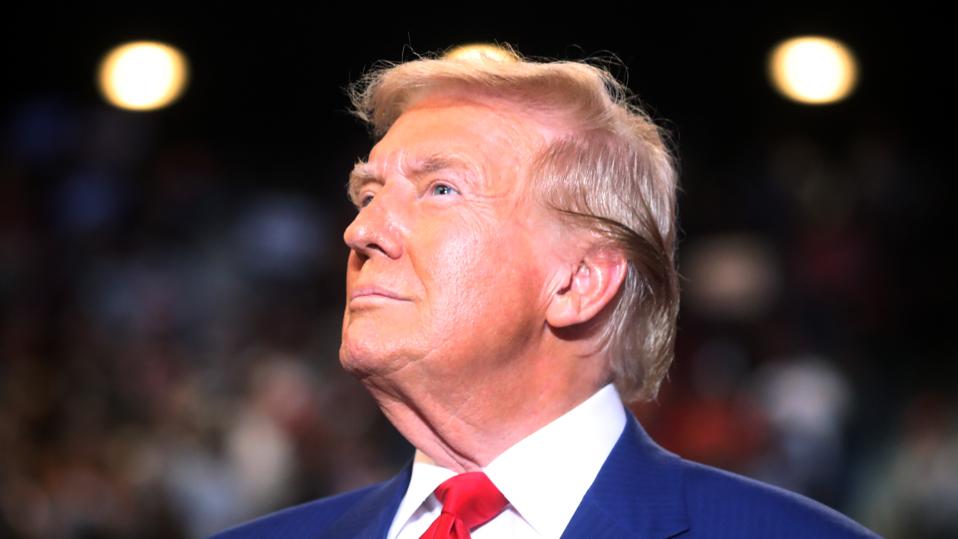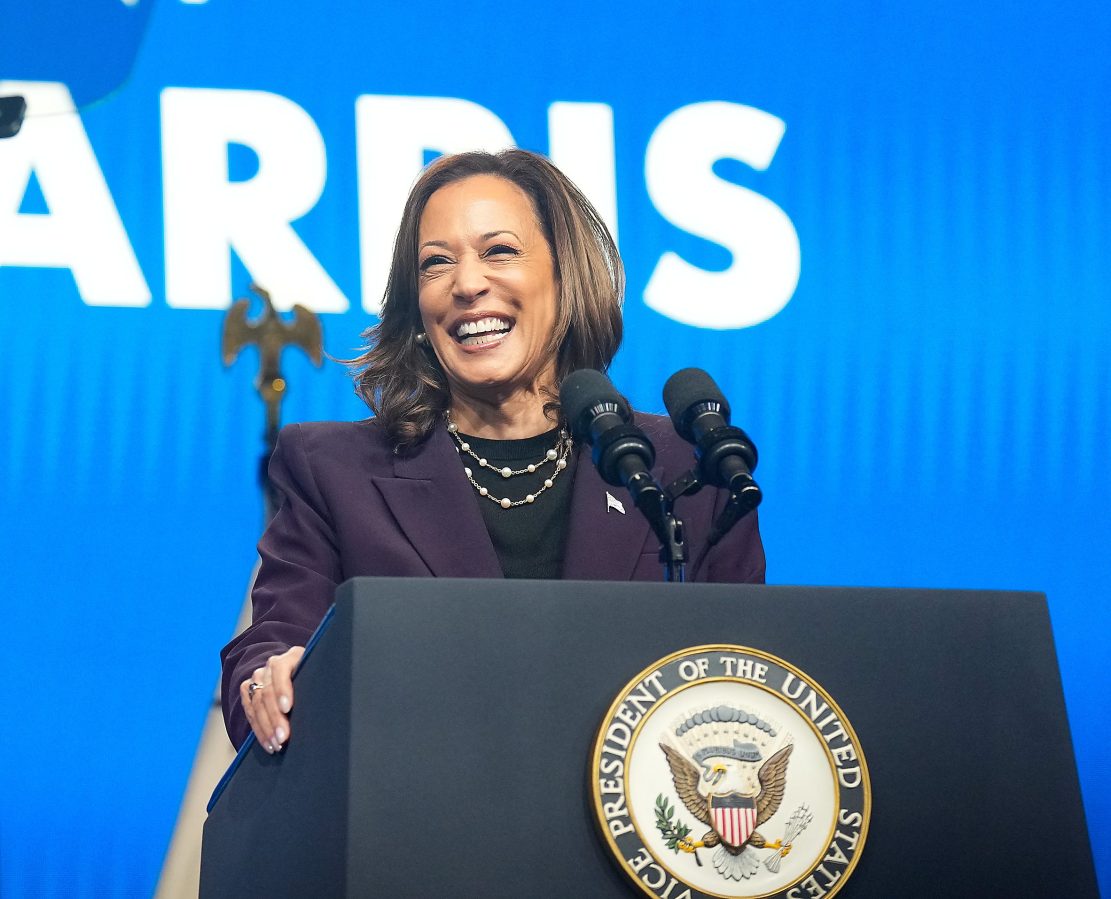Both Donald Trump and Kamala Harris are proposing policies that could have implications for the Australian economy. Here’s what you need to know about today’s historic election.
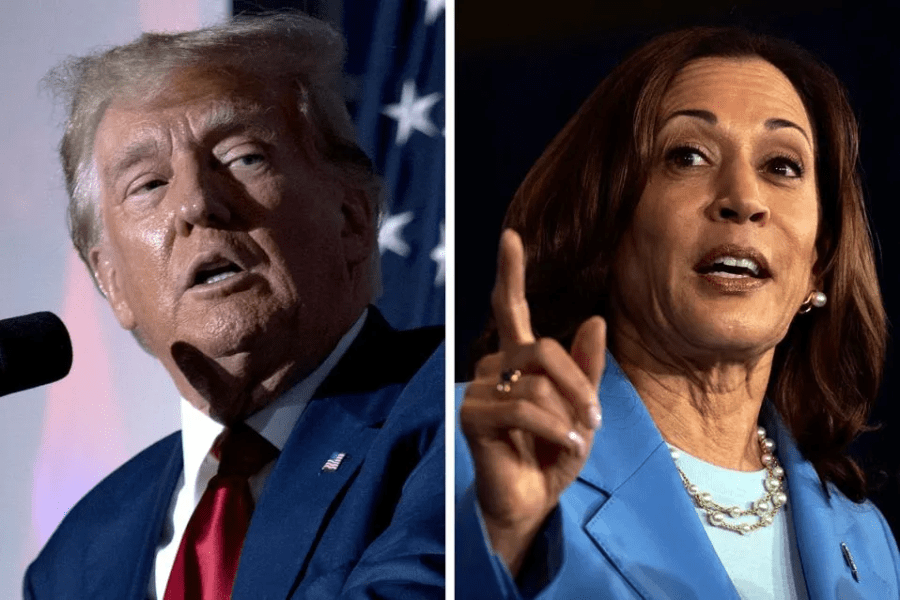
The issue in the US election that can impact Australia the most, according to economists, is Trump’s proposed tariffs on China.
“As a relatively open economy with high trade exposure to China, Australia would be vulnerable to an intensification of global trade wars as a result of a Trump victory, particularly if it weighs on demand for Chinese exports,” says Dr Shane Oliver, AMP’s chief economist.
Former Ambassador to the US, Joe Hockey, now a principal with advisory and investment firm Bondi Partners, agrees.
“Tariffs in the US, domestic policies in the US, tax policies in the US, immigration policies – they all have a profound impact in Australia, and in the rest of the world,” Hockey told the National Press Club.
And if Trump follows through on his promise to hike tariffs on Chinese imports, the Australian economy could face significant capital outflows, according to a report from the Peterson Institute for International Economics.
“Countries like Australia that rely on the Chinese economy through exports of final goods such as agriculture and via production networks (especially mining and energy inputs into Chinese production) also experience capital outflows to the US-centric countries,” the Peterson report states.
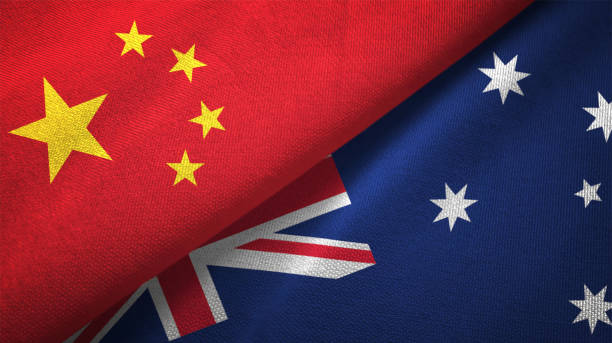
Co-authored by ANU Professor Dr Warwick McKibbin, the report also models Trump’s proposals to disempower the Fed and restrict immigration into the US. Neither of those suggestions will fare well for the US economy, the report states, and are likely to make inflation worse stateside.
“Donald Trump portrays the United States as the victim of perfidious foreigners. He proposes to right the scales through policies of mass deportations, trade protection, and influence over the Fed. We find that, on the contrary, these policies over time would leave the US economy generally worse off than if he did not enact them. They would particularly hurt manufacturing and agriculture,” a statement from the authors of the report says.
Trump’s promises
In addition to taking measures on trade and immigration, Trump is making promises to the US constituency to lower cost-of-living expenses.
“We will deliver low taxes, low regulations, low energy costs, low interest rates, and low inflation. So that everyone can afford groceries, a car and a beautiful home,” Trump told voters recently.
High inflation and unaffordable housing are impacting Australians too. Even so, only 33% of Aussies said they would get behind Trump if they were able to vote in the US election.
YouGov research found that 67% of Australians would choose Kamala Harris in November.
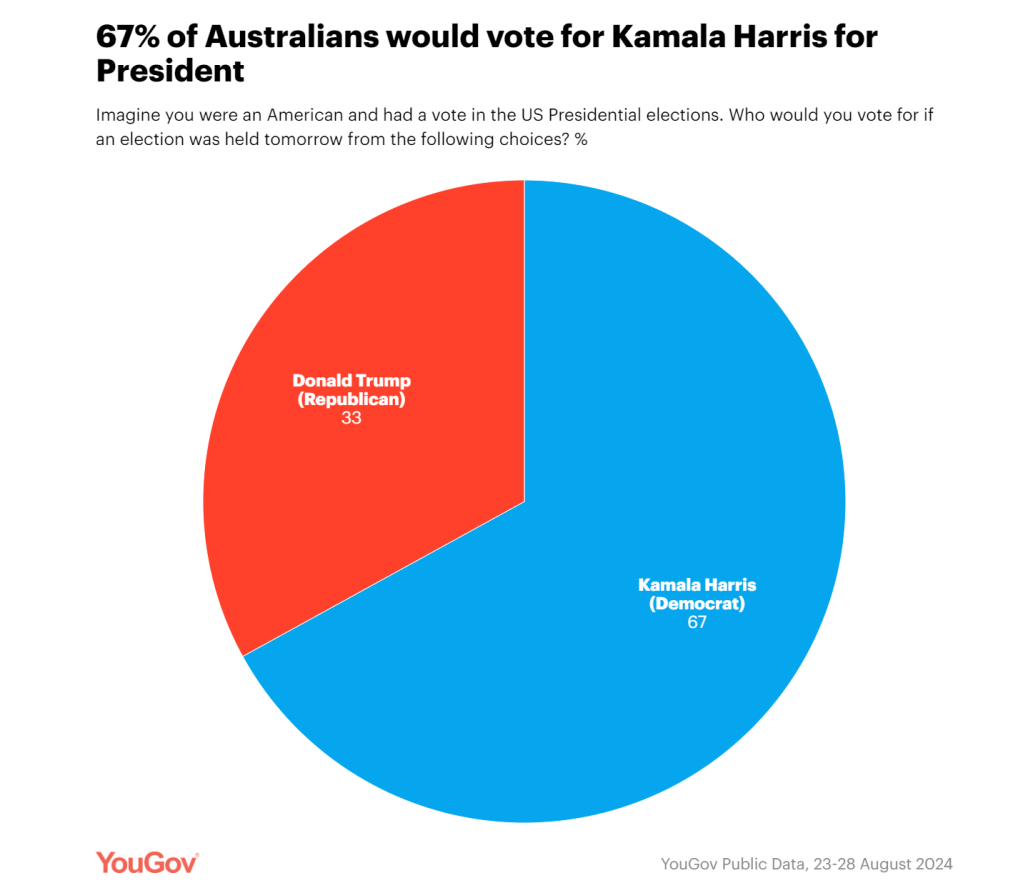
Hockey weighed in on Trump’s election promises in Canberra this week, calling them “absurd.”
“His policies are not only inflationary but are hugely expansionary. It’s like a sugar hit – it’s handing a box of chocolates to a four-year-old,” says Hockey.
Those problematic policies will have also a negative impact here at home, he says.
“There are anti-China bills that are going through US Congress that will be bipartisan. And frankly the unintended consequences for Australian companies are very significant. I’ve seen a draft of the bill that will probably go up, in what’s known as the lame duck session between the election and the inauguration, and it has a profound impact on us,” says Hockey.
In the former ambassador’s view, the pledges that Trump is making – and will have a follow-on effect in Australia – are not viable even if he is elected.
“It is ground zero in terms of making promises that are unfunded and probably cannot be delivered. Donald Trump’s policy platform is absurd in its largesse and I’ve said that to Trump,” says Hockey.
He cautions however, that tariffs may take place regardless of whether the Democrats or Republicans win the election.
“Donald Trump imposed the tariffs on China, Biden kept them,” Hockey says. “Trump and Harris are absolutely synchronised on the fact that America needs to have a reliable, safe supply chain.”
How should Australia respond?
Regardless of the outcome of November’s election, it is strategic for the Australian government to maintain close ties with its strongest ally, Hockey says, to ensure the domestic economy prospers.
“We want to stick close, we want to keep prosecuting the case that we have a free trade agreement. We back Australian industry and manufacturing and innovation. We will work with Trump,” says Hockey.
Not only is multilateral cooperation strategic in terms of trade broadly, but also so that Australian innovators and entrepreneurs have a market to sell into.

“We’ve become incredibly prosperous as a result of free and open trade because we produce more than we consume as a nation. And now we’re seeing this great wave of innovation in Australia – but the market in Australia is just not big enough,” says Hockey.
Harris’ campaign promises
Harris is running on what she calls ‘a new way forward for the middle class.’ According to the Harris/Walz campaign, tax cuts are planned for 100 million Americans to address the cost of living crisis. Promises have also been made to lower housing costs, food and grocery expenses, health care, and prescription drug prices.
The second part of Harris’ plan helps constituents build wealth and get ahead long-term, according to campaign documents. Promises include making changes to government investment in small businesses and impactful industries, developing a more robust care economy, and assisting in the retirement process that many baby boomers are now facing.
The United States Study Centre (USSC), a division of the University of Sydney, states that a Harris presidency would lead to the following outcomes: Rejecting US isolationism, solidifying the commitment to US allies in Asia, and potentially taking a stronger stance against Israeli Prime Minister Benjamin Netanyahu.
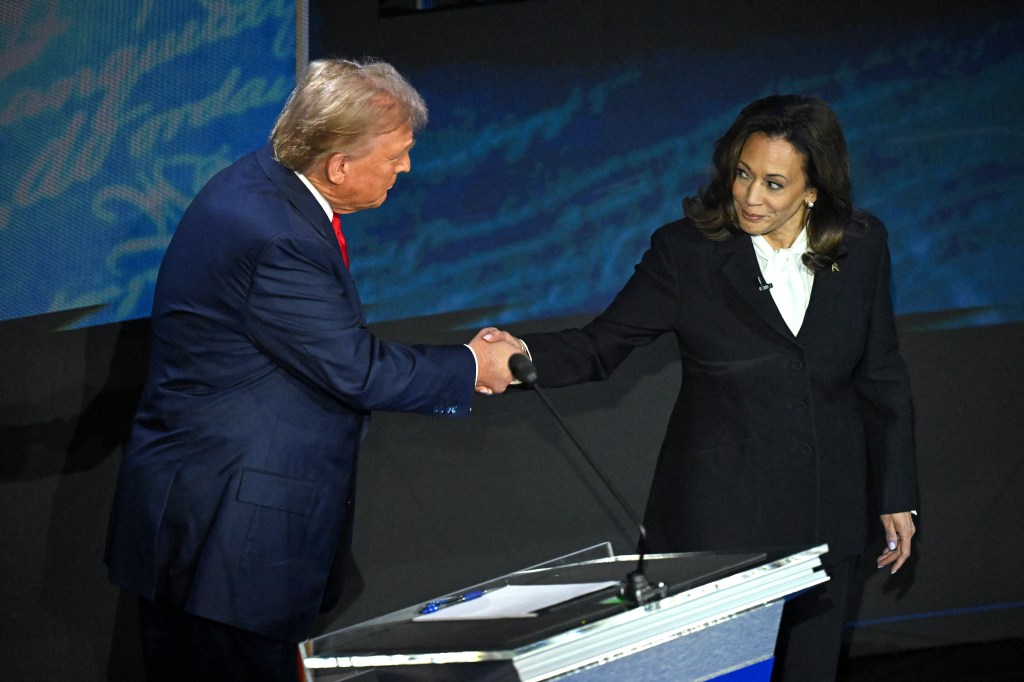
The USSC says that if Harris is victorious there will be more continuity than change. This seems to be good news for Australia considering recent initiatives under Biden that include the AUKUS pact, and Quad alliance binding the US, Australia, India, and Japan together.
“The Biden administration also launched the Indo-Pacific Economic Framework, an economic partnership involving the US and 13 countries in Asia and the Pacific. It seeks to re-engage the US economically in the region following Trump’s 2017 withdrawal from the Trans-Pacific Partnership,” a USSC statement reads.
On some issues though, Harris seems to differ from Biden, which calls into question how she would proceed with trade agreements affecting this part of the globe.
“She said she would not have voted for NAFTA and felt the TPP failed to adequately protect American workers or environmental standards,” the USSC states. “The future of the Indo-Pacific Economic Framework has been in doubt due to Democratic concerns it would hurt American workers — echoing Harris’ criticisms of other trade agreements.”
One issue Biden and Harris have stated their alignment on is their support for Taiwan. On that point, their Republican opponent has changed his tune. Trump recently stated that if China did move to claim Taiwan, the US should be paid to defend the island. He also criticized Taiwan for ‘taking almost 100% of the US semiconductor industry.’
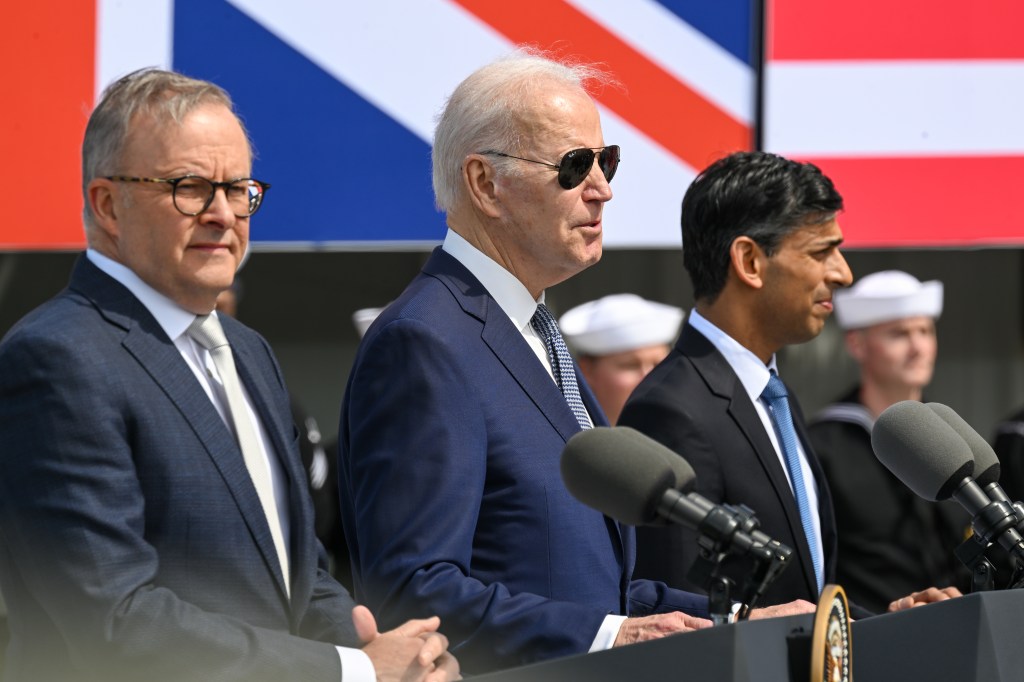
“Trump is promising to impose massive tariffs on China, but his main goal is probably still a ‘better’ bilateral trade deal,” analysis from the Lowy Institute states. “It’s far from clear that this would address concerns about Chinese technology. It’s even less likely that Trump would ever authorise military force to counter Chinese aggression in the Indo-Pacific, whether in the East or South China Seas or against Taiwan.”
On that note, Harris has been clear. In 2022, while on a trip to Japan, she stated that the US “will continue to support Taiwan’s self-defence, consistent with our longstanding policy.”
As for the chances Harris will call the White House home come inauguration day in January, Australia’s former ambassador to the US says it is going to be a tight race. The structure of the US political system makes it very hard to assess. He questions the accuracy of polls because similarly to the 2016 election, voters may not be willing to disclose to pollsters their intention to vote for Trump.
“There is still an element in the United States that is both misogynistic and racist,” Hockey says. “And because of voluntary voting, it is very hard to work out what the turnout is going to be.”
Look back on the week that was with hand-picked articles from Australia and around the world. Sign up to the Forbes Australia newsletter here or become a member here.

